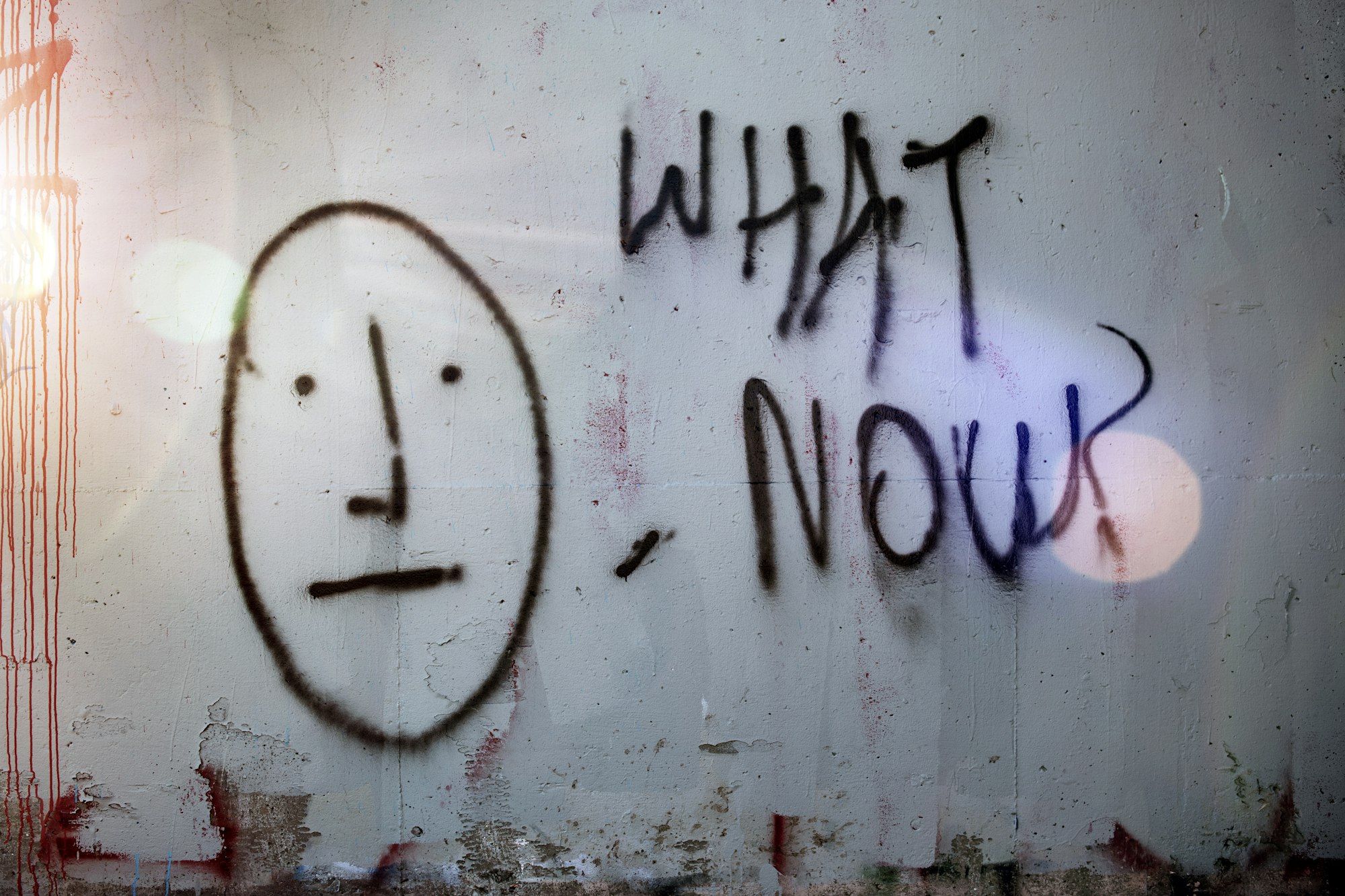How to lead during times of uncertainty
A better approach to developing a more robust and compelling strategy in the face of uncertainty exists.
'Anyone can hold the helm when the sea is calm.' - Publilius Syrus
Leading an organisation in 2022 is a very tough job.
For those leaders that managed to steer their company successfully through the pandemic lockdowns; they are now faced with worrying supply chain issues, staff demands for extended work-from-home arrangements and increasing levels of inflation.
There is a lot going on, a lot to carefully consider; not too much clarity as to what exactly the future holds - and the right decisions need to be made to ensure the long-term success of the organisation.
The one major lesson from the pandemic
If there is one thing that the last 2-years has really taught all company leaders - it's that strategies and plans that are based on the assumption that the past simply unfolds into the future - are susceptible to disaster.
Relying on quantitative forecasts that extrapolated historical sales into the future are clearly not enough for proper planning in 2022 anymore.
Having a single view of what the future holds no longer effectively serves leaders who are desperately trying to cultivate an internal culture of resilience and agility.
A better way forward
A better approach to developing a more robust and compelling strategy in the face of uncertainty does however exist, but it is largely misunderstood as to what it entails and the real value that it has for leaders.
The first step in being able to see the true value of this approach to the future, is to recognise and accept that the future is different from the past.
The past is done, so facts are generated from the past. The future is open and there are no facts which can be attributed to it. Past facts therefore are less important when working with issues relating to the future. An over-reliance on them leads to a brittleness of thought which can easily lead a strategist astray.
It's different in that the future can unfold in many different directions and multiple futures can manifest from the present.
There are things that we know almost certainly will happen, but a lot of other things we have no idea how they will develop in time.
What this means is that there is a lot of uncertainty in the futures, which is why plans that do not take these uncertainties into account when they are created, are less useful and robust than plans that do.
To better understand the uncertainties that we are all faced with, an organisational program of scenario planning is very powerful.
What are scenarios?
Scenarios are dynamic sketches, that are created by going through a logical process of analysis; of not only the multiple future realities that may exist in time, but also the pathways and important milestones that lead to each one of these futures.
Scenarios are not predictions or forecasts or suggestions as to how futures will most certainly play out. Rather they are modelled images of how key forces of change may synthesis in time, which are then used to better design our current organisational systems in the present.
Why are scenarios so useful?
By working with uncertainty and creating a shared understanding of how key uncertainties may unfold, an organisation not only creates better strategy that is more agile and future-proof, but also creates stakeholder buy-in to that strategy and develops a cohesive organisational culture; fostering the perfect conditions under which plans can be successfully implemented.
Scenarios are the starting blocks of any successful business, brand, product or marketing strategy in 2022.
Without them an organisation is set up to simply be a reactionary 'bobbing cork' in a bewildering ocean of change.
With scenarios however, leaders are far better able to compile effective strategies that can be stress-tested against a multitude of future realities for their resilience.
How do you do scenario planning properly?
Scenarios are useful because they push thinking away from 'the knowns', towards 'the unknowns'. It's the unknowns that we're really interested in.
To get there, good scenarios need to involve lots of different people from a diversity of backgrounds. If you just have your executive team in the room, the resulting scenarios are not going to be robust or broad enough. Getting the perspective from multiple points of view offers a far richer and holistic picture when we are trying to see around corners.
You'll need a good, impartial, professional scenario planning facilitator from outside the organisation to guide the process properly. Entrenched internal interests do not serve the potential future of an organisation optimally, so getting somebody who doesn't have a position to defend is best.
Scenario workshops take time and effort and money - they require a commitment and a financial investment. If you think the future of your business is important, then you'll know what resources you need to apply to the project.
Lastly, it is important for you to know what you are going to use the scenarios for. Know what your overall intention is, don't just embark on mission because it sounds like a good idea.
If you want to use the foresight to develop a better organisational strategy, then state that and have the processed designed with that as a critical outcome. If you feel that you need the work to more effectively drive transformation in the organisation, start by planning how the scenarios will be transferred to achieve those goals.
In conclusion
Uncertainty is a reality of our world today.
You can either throw your hands up in the air and say things like 'there's so much confusion as to what tomorrow looks like, we'll forgo proper long-term planning and just go with the flow and react quickly'; or you can choose to embrace the uncertainty and use it to your strategic advantage (as has been suggested by leading economists who have studied why some businesses seem to be far more financially successful over time than others).
It would be near impossible to know what the future of your business is without the use of scenario planning; knowing this, it seems like a no-brainer if building a future-fit business is important.
More:









